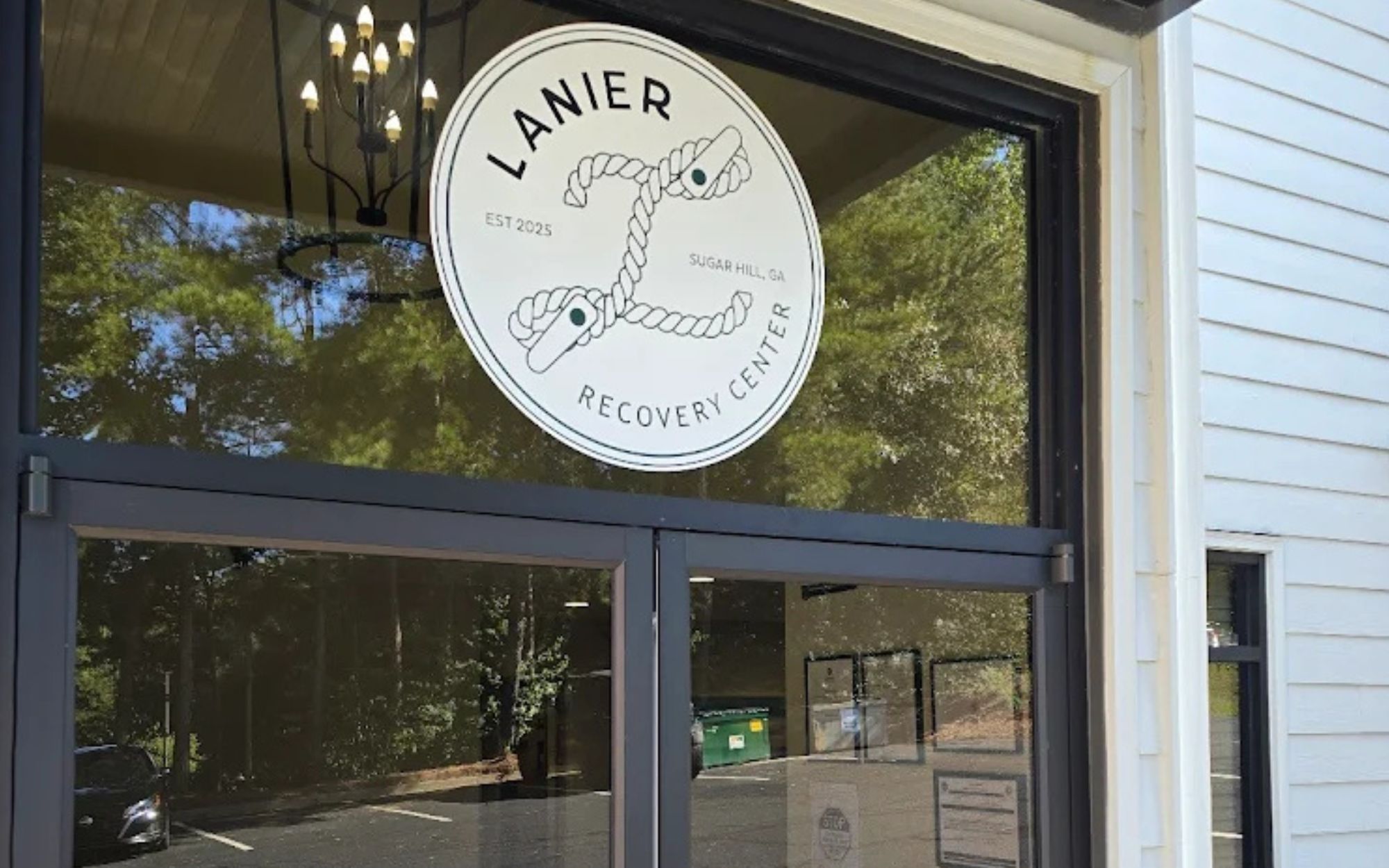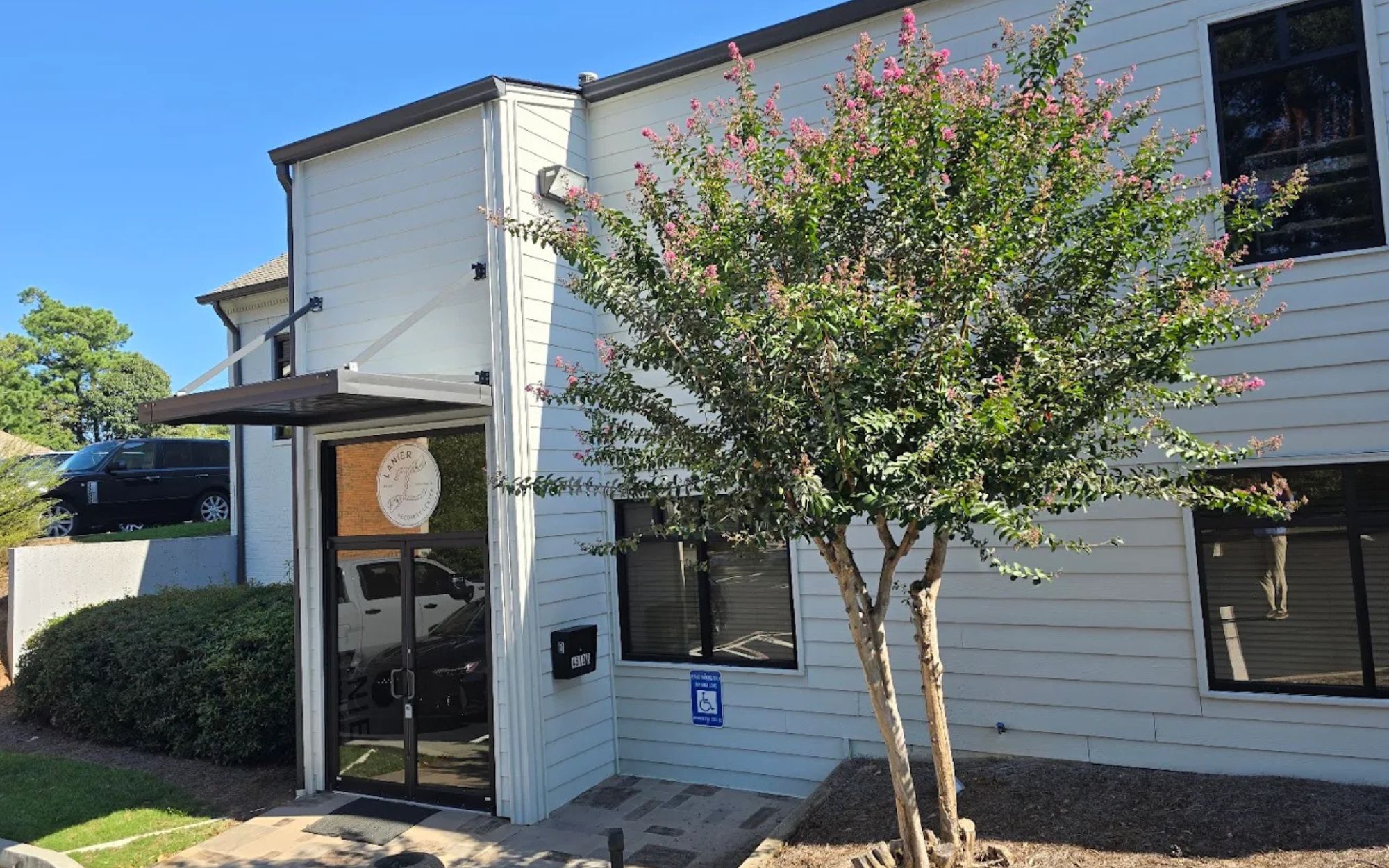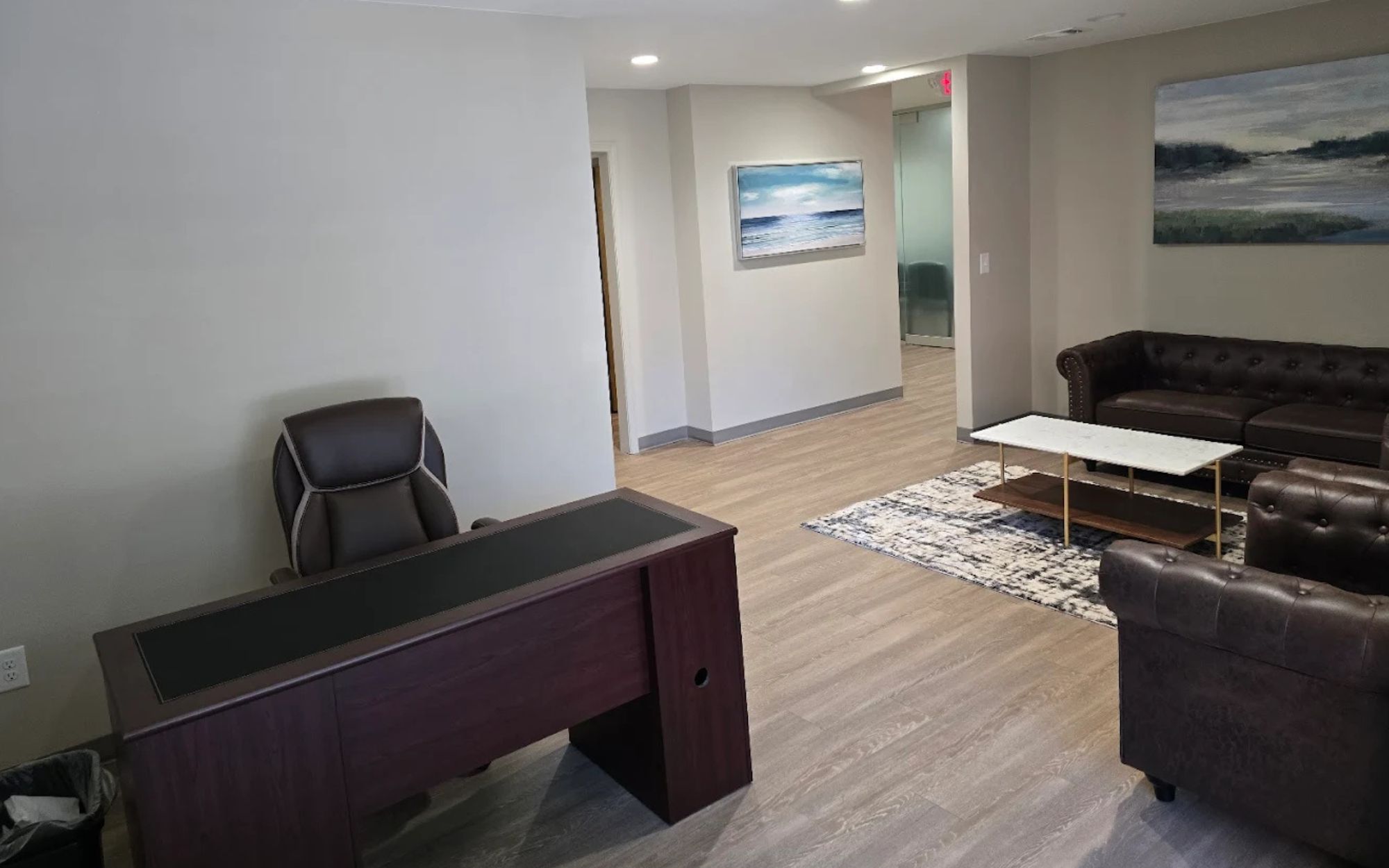
Treatment for inhalant addiction in Atlanta, Georgia
Inhalant abuse often begins early, is widely misunderstood, and can cause severe damage even after just a few uses. At Lanier Recovery Center in Atlanta, we provide confidential, individualized outpatient treatment for inhalant addiction—focused on healing physical, emotional, and cognitive damage through evidence-based care and long-term recovery support.







